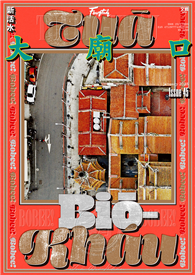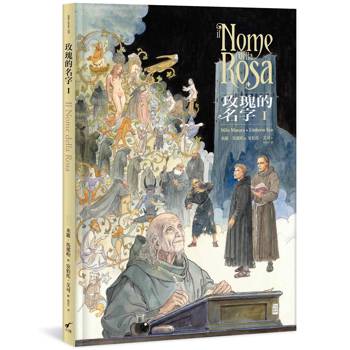There is one thing about gambling that everyone knows: the house always wins. Lotteries are set up to guarantee profits, to the state. A craps game is a sure thing, but only if you own the table. Sometimes, however, everyone is wrong. After all, the reason that casinos ban card counters is that counting cards works. Indeed, for the past 500 years, gamblers?led by mathematicians and scientists?have been trying to figure out how to turn the tables on the house and pull the rug out from under Lady Luck.
In The Perfect Bet, mathematician and award-winning writer Adam Kucharski tells the astonishing story of how the experts have done it, revolutionizing mathematics and science in the process. From Galileo to Alan Turing, betting has been scientists’ playground for ideas: dice games in sixteenth-century bars gave birth to the theory of probability, and poker to game theory (mathematician John von Neumann wanted to improve his game) and to much of artificial intelligence. Kucharski gives us a collection of rogues, geniuses, and mavericks who are equally at home in a casino in Monte Carlo as investigating how to build an atomic bomb for the Manhattan Project. They include the mathematician who flipped a coin 25,000 times to see if it was fair; the college kids who gamed the Massachusetts lottery to yield millions of dollars in profit; and the horse-betting syndicates of Hong Kong’s Happy Valley, who turned a wager on ponies into a multi-billion-dollar industry.
With mathematical rigor and narrative flair, Adam Kucharski reveals the tangled history of betting and science. The house can seem unbeatable. In this book, Kucharski shows us just why it isn’t. Even better, he shows us how the search for the perfect bet has been crucial for the scientific pursuit of a better world
In The Perfect Bet, mathematician and award-winning writer Adam Kucharski tells the astonishing story of how the experts have done it, revolutionizing mathematics and science in the process. From Galileo to Alan Turing, betting has been scientists’ playground for ideas: dice games in sixteenth-century bars gave birth to the theory of probability, and poker to game theory (mathematician John von Neumann wanted to improve his game) and to much of artificial intelligence. Kucharski gives us a collection of rogues, geniuses, and mavericks who are equally at home in a casino in Monte Carlo as investigating how to build an atomic bomb for the Manhattan Project. They include the mathematician who flipped a coin 25,000 times to see if it was fair; the college kids who gamed the Massachusetts lottery to yield millions of dollars in profit; and the horse-betting syndicates of Hong Kong’s Happy Valley, who turned a wager on ponies into a multi-billion-dollar industry.
With mathematical rigor and narrative flair, Adam Kucharski reveals the tangled history of betting and science. The house can seem unbeatable. In this book, Kucharski shows us just why it isn’t. Even better, he shows us how the search for the perfect bet has been crucial for the scientific pursuit of a better world












